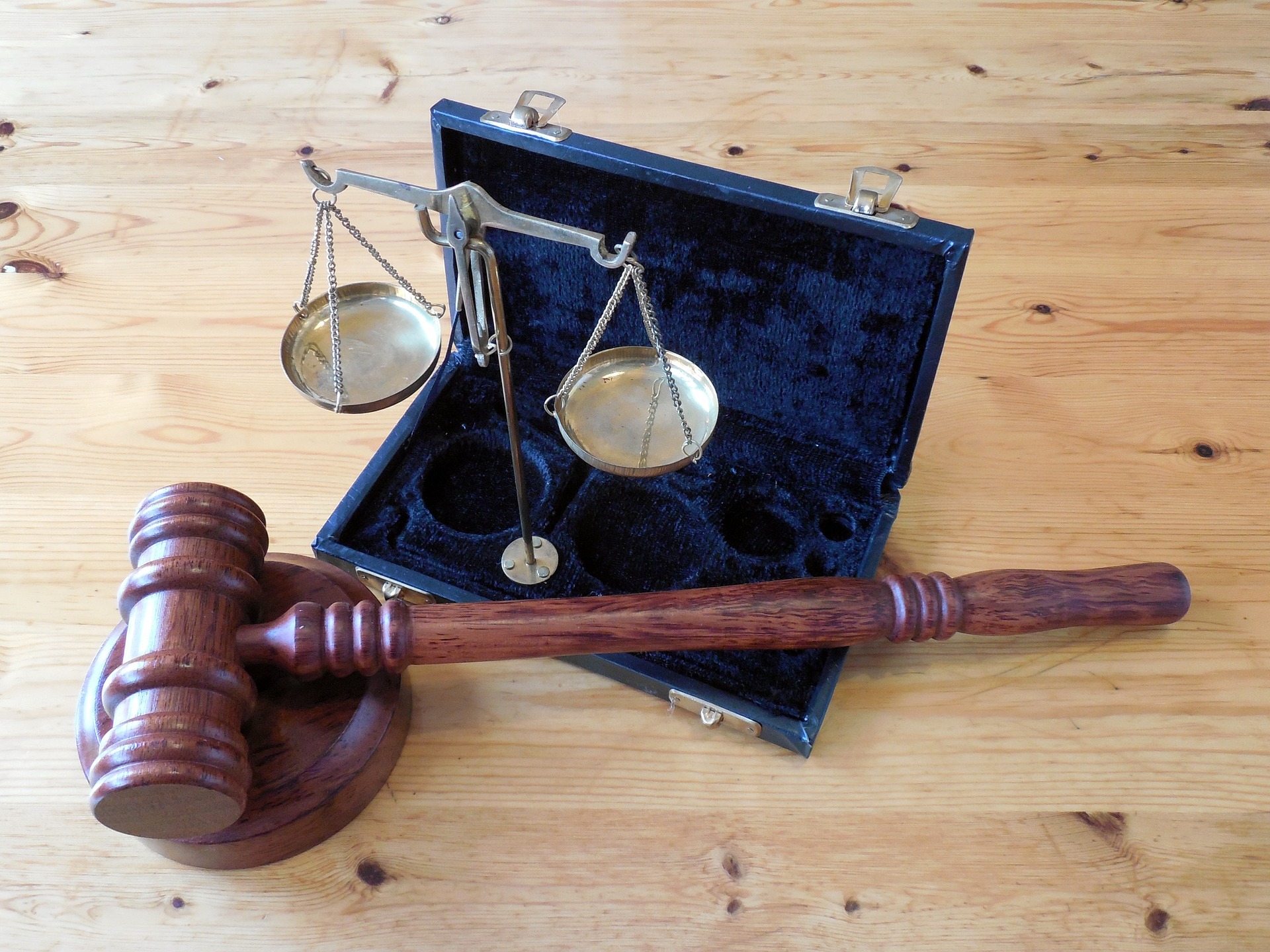
Many people throughout history have used protesting to stand up for what they believe in. In doing so, it is important to understand the rights you have as a protester. Continue reading below to learn more.
Can my Free Speech be Restricted?
The First Amendment of the United States Constitution allows the freedom of speech. Restrictions cannot be made on this based on the content of the speech, even if it is deemed controversial. However, it is important to know this does not protect all types of free speech in every circumstance. For example, the police and government officials can place certain non discriminatory “time, place and manner” restrictions on how this right is exercised. This must apply to all types of speech, regardless of the point of view.
Counter-demonstrators also have these rights. They can be present and voice their opinion but should not physically disrupt the event they are protesting. The police are permitted to keep both groups apart from one another while allowing them to coexist in the same place.
Where Can I Protest?
All expressions of free speech are protected in traditional “public forums.” This can include streets, sidewalks, and parks. Free speech can also take place in public locations that the government opens up to similar speech activities, such as plazas in front of government buildings.
Can I Protest on Private Property?
Private property owners can designate their own rules regarding a person’s freedom of speech on their grounds. This can potentially limit it while on their property. If their rules are disobeyed, the property owner can order the protester off their grounds. They can also have the individual arrested for trespassing in the event that they do not comply.
Is a Permit Needed to Protest?
Generally, permits are not needed to organize or engage in a protest. However, there are certain events that do require permits. This can include:
- A march or parade that does not stay on the sidewalk and requires blocking traffic or closing down a street
- A large rlly that requires the use of sound amplifying devices
- A rally at a designated park or plaza
Many permit procedures require an application to be filed weeks ahead of time. However, if the protest is a rapid response to recent events, the First Amendments prohibits the advance notice requirement. A permit cannot be denied on the premise that an event is controversial or expresses unpopular views.
Can I Take Pictures or Video of a Protest?
Individuals have the right to photograph anything that is in plain view as long as they are lawfully present in a public space. This includes photographing federal buildings and the police. However, private property owners can set their rules regarding pictures or video as well. Police officers do not have the right to confiscate or view the content of any pictures or video without a warrant. However, they can order citizens to cease their activities if they are interfering with law enforcement work.
What do I do if I Believe my Rights Were Violated?
If you believe your right to protest was violated, take pictures and/or video of the injustice you witnessed or experienced. This goes for any injuries you may have sustained as well. Also write down all the details you can remember regarding the incident, such as badge numbers, patrol car numbers, and an agency in question. Obtain the contact information of any witnesses, such as their name, phone number, email, etc. Once this is done, you can file a written complaint with the agency’s internal affairs division or civilian complaint board. Furthermore, contact an experienced New York criminal defense attorney who is here to help if your rights have been infringed upon in any way.
Contact our Firm
Criminal matters can change the course of your life forever. This is why you need an experienced attorney who will aggressively combat your charges to help mitigate their long-term effects. If you are in need of experienced legal counsel for a criminal defense matter on Long Island or throughout New York State, please contact Grunwald & Seman, P.C. to schedule a consultation. We would be happy to assist you.
